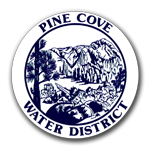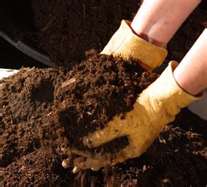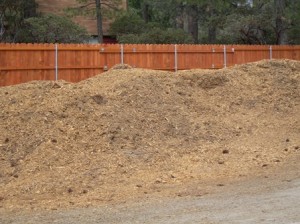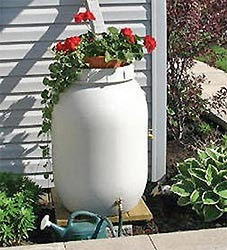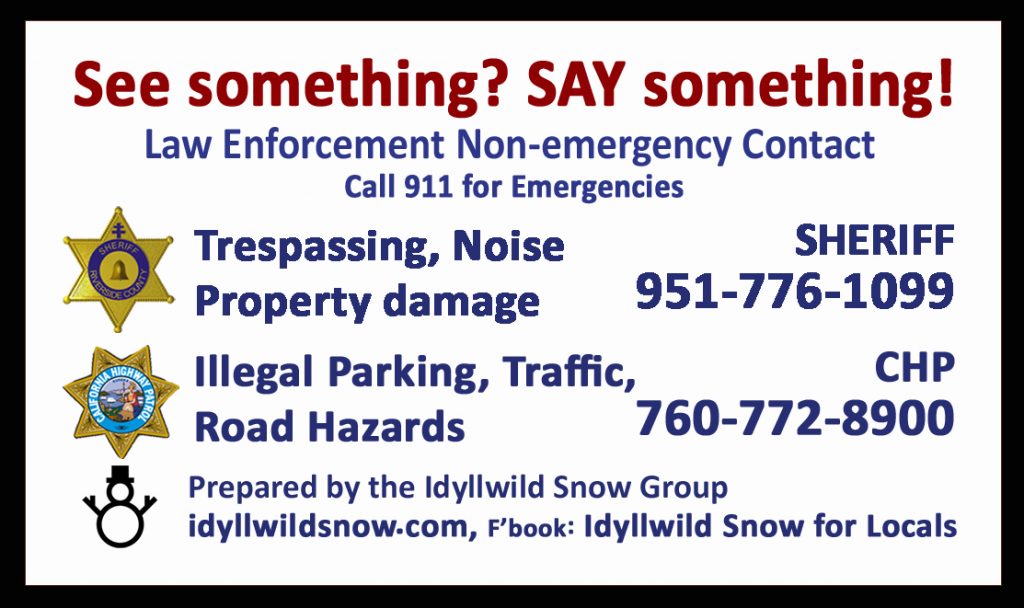Have you seen any monarch butterflies this season?
I recently read an article in The San Diego Union-Tribute dated July 13, 2020 that said butterfly plants are in short supply. They cited the pandemic-fueled gardening boom as well as public’s awareness of shrinking monarch population and wanting to help increase it. The Center for Biological Diversity put a release out on March 13, 2020 that stated the yearly count of monarch butterflies overwintering in Mexico shows a decrease of 53% from last year’s count and is well below the threshold at which government scientists predict the migration could collapse. They attribute the decrease of Monarchs to milkweed being devastated by increased herbicide spraying in conjunction with corn and soybean crops that have been genetically engineered to tolerate direct spraying with herbicides. Additionally, they are being threatened by other herbicides and by neonicotinoid insecticides that are toxic to young caterpillars and decrease the health of adult butterflies.
At the Pine Cove Water District, we were lucky enough to procure several new narrow-leaf milkweed as well as tropical milkweed for our butterfly garden. We’ve even seen a couple of visitors and look forward to seeing more as we come to the end of the season.
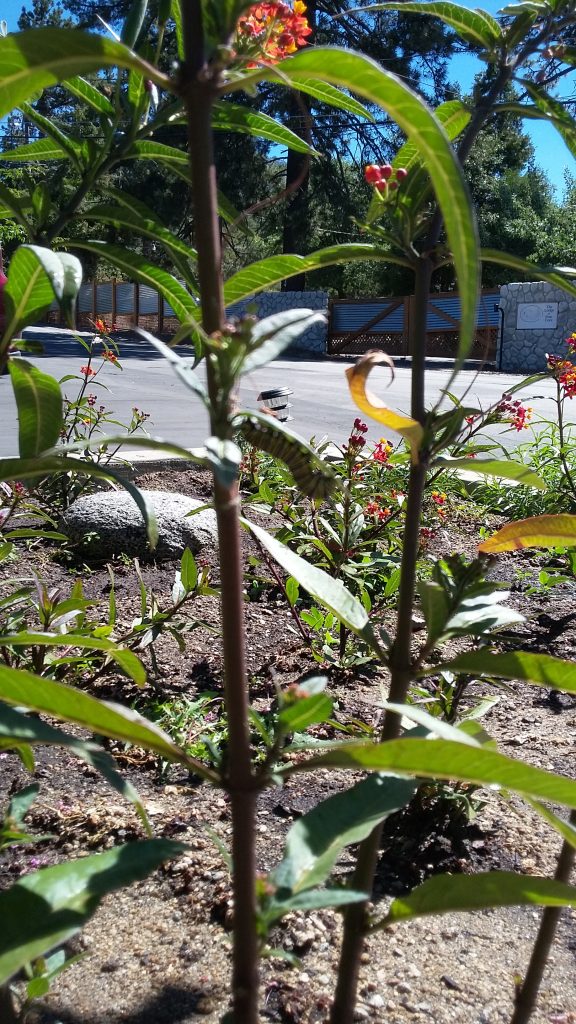
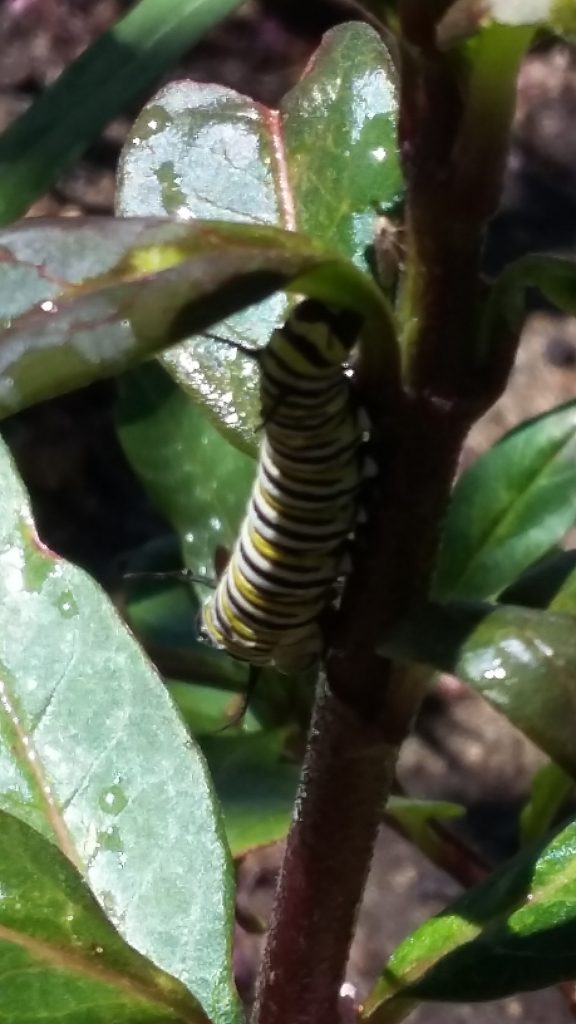
What can you do to help?
Plant the right milkweed.
According to The Laid-back Gardener, Monarchs seem to like common milkweed best but also fed happily on swamp milkweed. Apparently, butterfly weed isn’t too well liked in the caterpillar community.
Cut your milkweeds back.
Prior to blooming, cutting back the plants make them more attractive hosts for caterpillar larvae. Research at Michigan State University shows that female monarchs prefer to lay their eggs on fresh young stems that haven’t flowered yet. Heavy pruning doesn’t harm the milkweed plants and they quickly rebound.
Know your sources and avoid pesticides, insecticides, and herbicides.
When purchasing flower starts or seed, know the source. Make sure they are all natural and have no pesticides. Additionally, keep that same mind set when amending your soil and use natural compost like the compost we supply at the Water District to Pine Cove residents.
Plant additional flowers to feed adults.
Although the female monarchs only lay their eggs on milkweeds and their caterpillars only feed on those same plants, adult monarchs feed on nectar of additional flowers like Wild Bergamont, Mountain Mint, Pale Purple Coneflower, and more. Try to provide a wide range of flowers that bloom through the entire growing season. It is also suggested that you grow single plants isolated from others by mulch or wood chips (which the Water District also can supply to Pine Cove residents) instead of mixing them as the butterflies rely on seeing the plant shapes to know where their food is.
